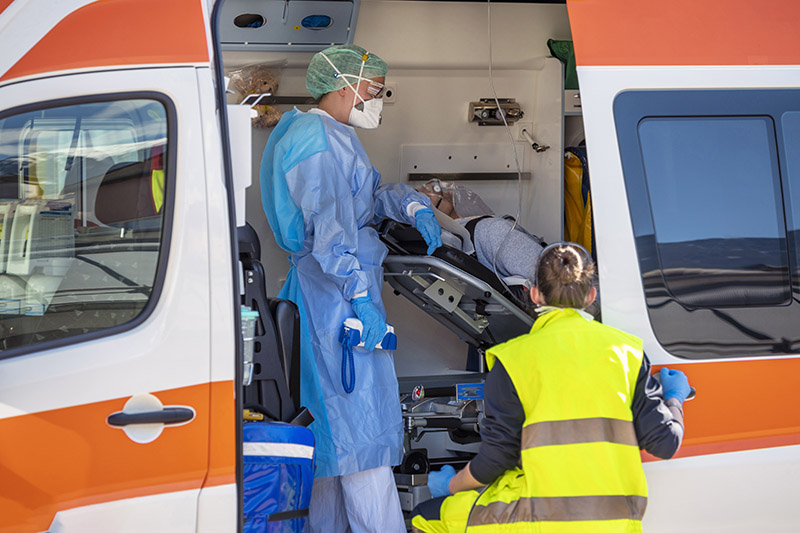This post was originally published on this site

The uptick in French infections mirrors steady increases across Europe, with the number of new cases in Germany rising Friday by more than 2,000, the most since late April. Portugal on Thursday reported the most new infections in five months, with 770, while Spanish cases rose at a slower pace than the previous day but still by more than 4,500.
Health officials blame the increase on social gatherings, especially among younger people, and on travelers bringing the virus back from vacation. The upward trend threatens to derail Europe’s recovery from a collapse in activity in the second quarter, should governments be forced to further tighten restrictions on movement.
Speculation swirled Friday that the Spanish government might be forced to put the Madrid region back into some kind of lockdown and possibly reimpose a state of emergency in the capital. Austria is banning indoor meetings of more than 10 people from Monday after bars, clubs and private parties fueled new infections.
“We are noticing that we have an exponential increase,” Chancellor Sebastian Kurz said Thursday in Vienna. “We have to react now to avoid a second lockdown.”
The pace of coronavirus infections in France has been steadily climbing for a month, and there were 10,593 new cases Thursday. Deaths linked to the virus increased by 50 to 31,095.
The government has asked local authorities to propose measures to control the spread in Lyon and Nice, which have some of the highest rates of infections. The city of Marseille on France’s Mediterranean coast has already taken “strong” steps, though it may have to take further measures such as closing bars and barring gatherings if the number of patients in intensive care there keeps rising, Veran said in Paris.
France is sticking to a strategy of local measures to control the epidemic, Veran said. The government has said it wants to avoid a new nationwide lockdown, and President Emmanuel Macron said this week that citizens need to learn to live with the virus.
“The virus did not become less dangerous with the summer, alas,” Veran said. “Therefore a more active circulation of the virus necessarily ends up resulting in more hospitalizations and more serious cases in intensive care.”
The number of hospitalizations and patients in intensive care has also started to climb in the past two weeks. The number of ICU patients on Wednesday rose above 800 for the first time since mid-June. Veran said that while the virus has been actively spreading among young people, most people in intensive care are elderly.
“It is circulating more and more among the over-65s, and this since the start of August,” Veran said. “We are now seeing the number of Covid patients in intensive care go up in a worrying way.”
France has increased testing for the virus to around a million tests a week, after the government in July said anyone could get tested without a prescription and be fully reimbursed by public health insurance. Scientists have called for more targeted testing to prevent laboratories from running out of reagents, as an influx of people seeking tests threatens to swamp capacity.
Veran said that with an increase in testing, there’s been “gridlock,” particularly in large cities where confirmed cases result in large numbers of contact testing. France doesn’t have a lack of reagents, and any testing delays have been a question of organization, the minister said.
France has drawn up a protocol to give testing priority to people with a prescription or with symptoms, contact cases and health-care professionals, and is adding testing sites, according to Veran. The country has also ordered 5 million rapid tests that will be evaluated by health authorities, Veran said.

